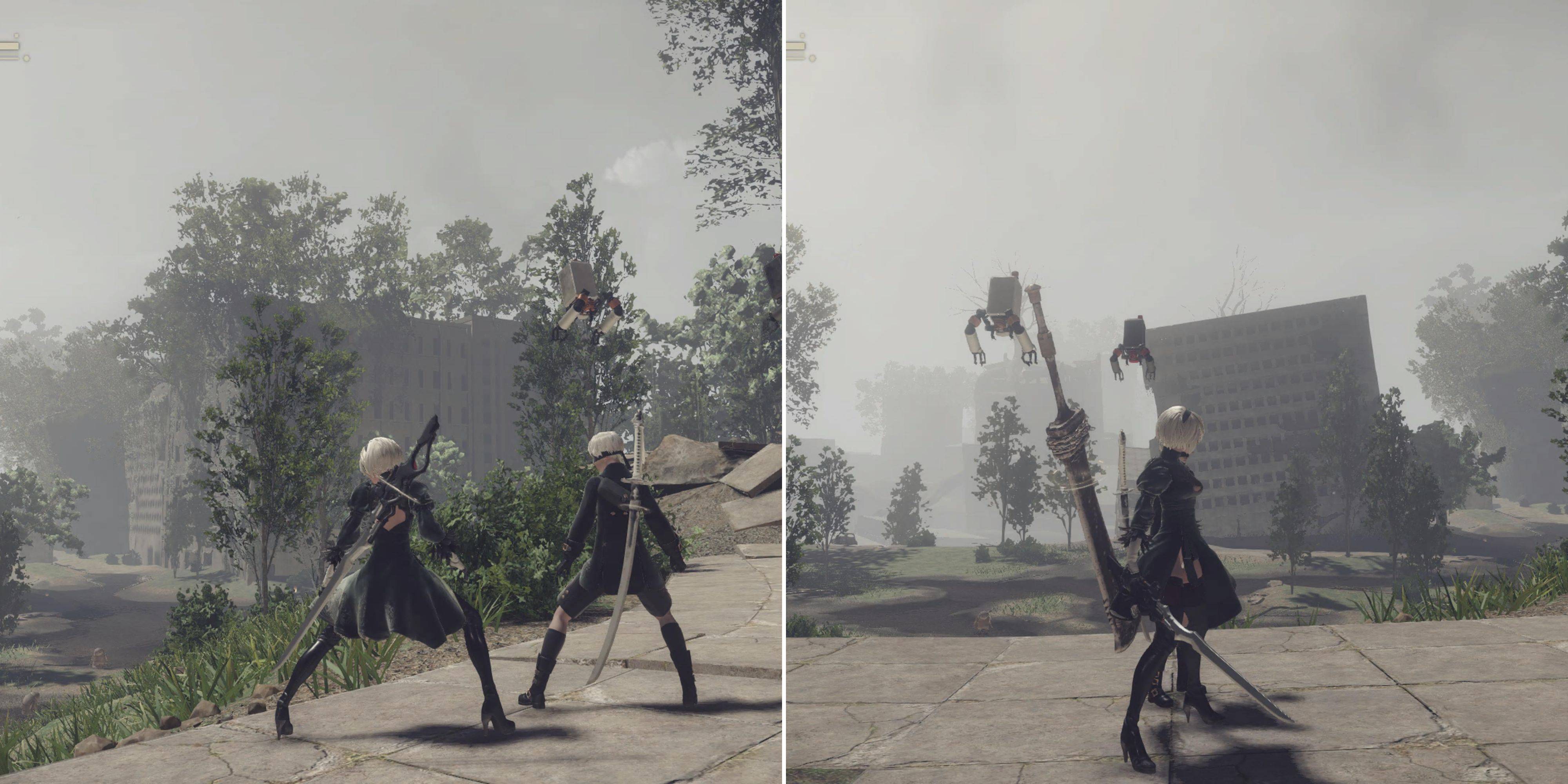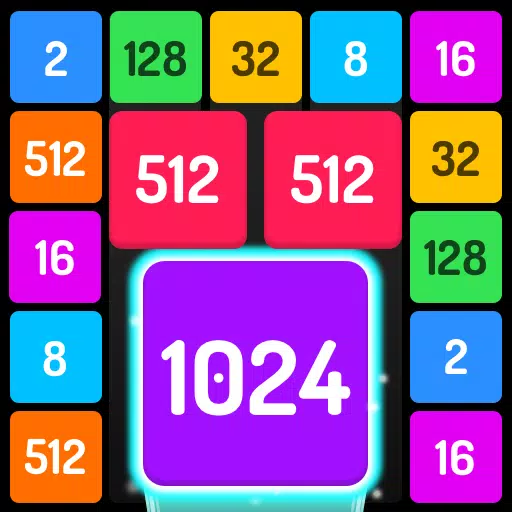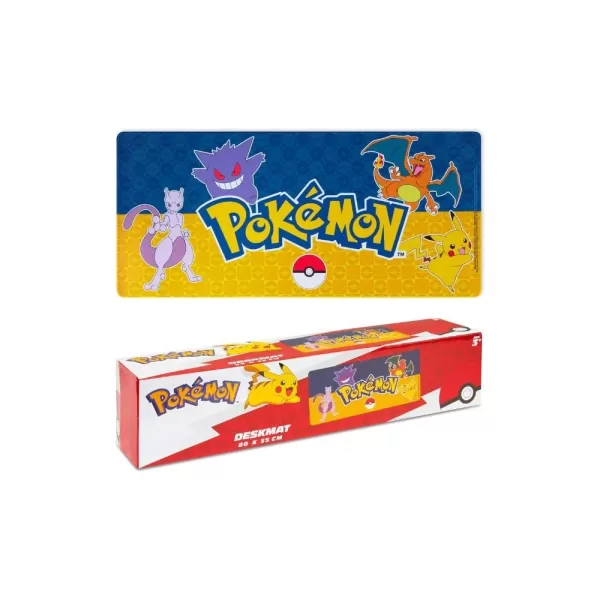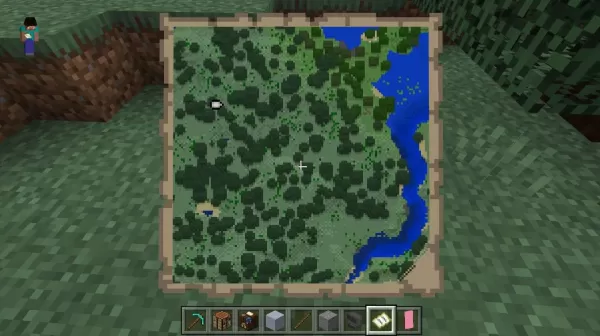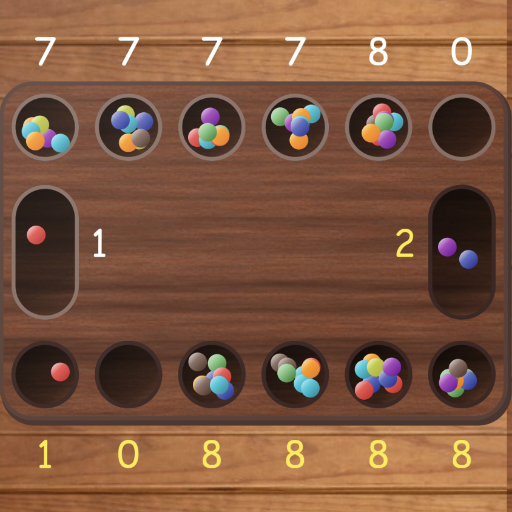
Application Description
The mancala games are a captivating family of two-player, turn-based strategy board games that are enjoyed worldwide. These games involve small stones, beans, or seeds, and a playing surface featuring rows of holes or pits, often dug in the earth or laid out on a board. The primary objective in these games is to strategically capture all or some of the opponent's pieces. Notable games in the mancala family include oware, bao, and omweso, among others.
This game offers an immersive experience with several mancala variants including kalah, oware, and congkak. The board setup consists of 6 small pits, known as houses, on each side and a larger pit, referred to as an end zone or store, at each end. The goal is to capture more seeds than your opponent, making it a thrilling challenge of strategy and foresight.
Kalah Rules:
1. The game starts with four (or optionally five to six) seeds placed in each house.
2. Each player manages the six houses and seeds on their respective side of the board. The score is determined by the number of seeds in the store to the player's right.
3. Players take turns to sow their seeds. On a turn, a player selects one of their houses and removes all seeds from it. The player then sows these seeds counter-clockwise, placing one seed in each house, including their own store but not their opponent's.
4. If the last seed sown lands in an empty house owned by the player, and the opposite house contains seeds, the player captures both the last seed and the seeds from the opposite house, transferring them to their store.
5. Should the last seed sown land in the player's store, they earn an additional move. There's no limit to the number of moves a player can make in a single turn.
6. The game concludes when one player no longer has seeds in any of their houses. The other player then moves all remaining seeds to their store, and the player with the most seeds in their store wins.
Oware Rules:
1. The game begins with four (or optionally five or six) seeds placed in each house. Each player controls the six houses and seeds on their side of the board, with their score being the seeds in the store to their right.
2. On a player's turn, they remove all seeds from one of their houses and distribute them counter-clockwise, a process called sowing. The seeds are not placed into the end scoring houses or the house from which they were taken. If a house initially contained 12 or more seeds, it is skipped, and the twelfth seed goes into the next house.
3. Capturing occurs when a player's final seed sown brings an opponent's house count to exactly two or three. This captures the seeds in that house, and potentially more if the previous-to-last seed also resulted in two or three seeds in another opponent's house, continuing backward until a house is reached that does not meet the criteria. The captured seeds are placed in the player's scoring house.
4. If all of an opponent's houses are empty, the current player must make a move that gives the opponent seeds. If no such move is possible, the current player captures all remaining seeds in their territory, ending the game.
5. The game ends when one player has captured more than half the seeds, or when each player has taken half the seeds, resulting in a draw.
What's New in the Latest Version 1.4.1
Last updated on Aug 6, 2024 - bugfixes
Screenshot
Reviews
Games like Mancala games

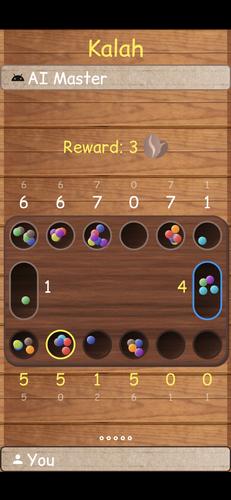


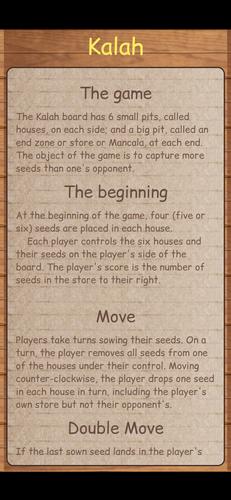


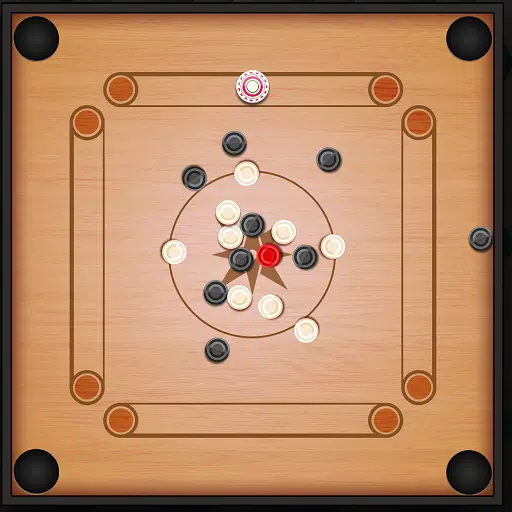

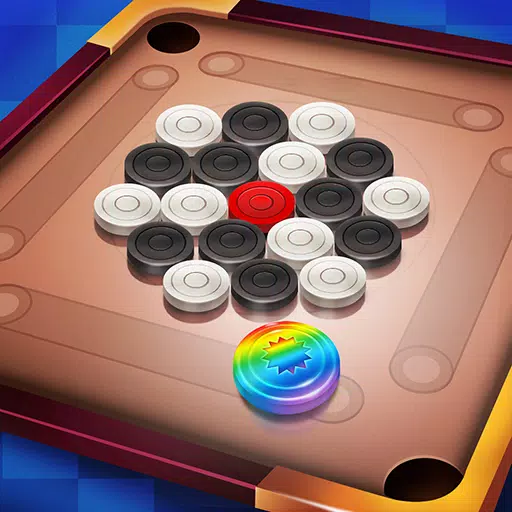
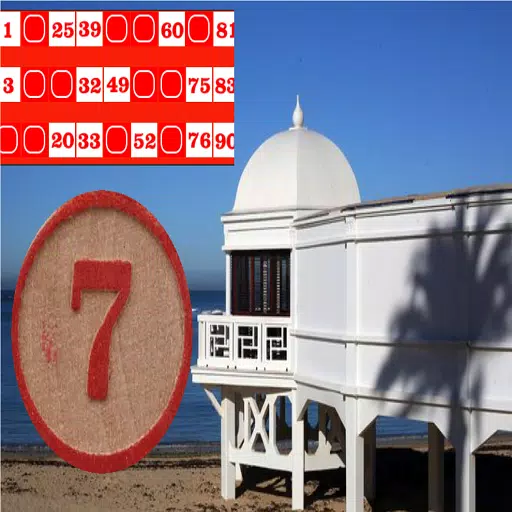






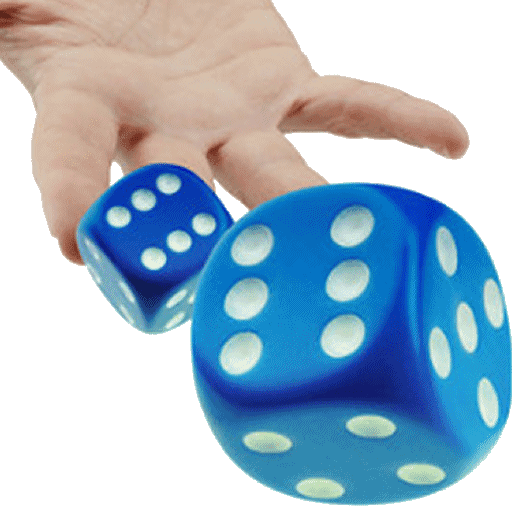

![1xBet [Updated]](https://imgs.yx260.com/uploads/76/1719623227667f5e3be7616.jpg)












